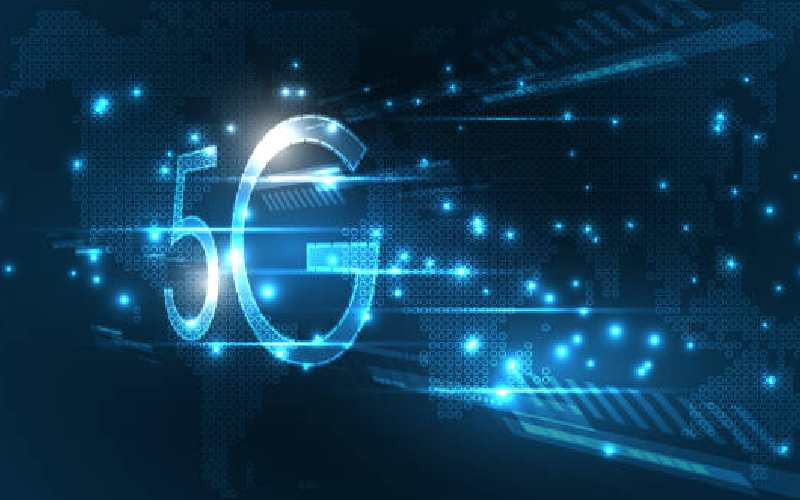×
The Standard e-Paper
Kenya’s Boldest Voice

5G-related activities have begun to pick up across Africa, including spectrum auctions, pilots and commercial trials, as well as efforts to develop locally relevant 5G use cases.
4G is still in infancy in Africa, accounting for about 25 per cent of connections, on average, compared to 60 per cent globally.